Ticketmaster Warning: Fake Ticket Sellers Costing Punters Thousands
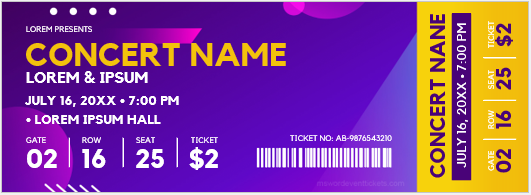
Table of Contents
Identifying Fake Ticket Sellers and Websites
The first step in avoiding a fraudulent ticket purchase is knowing how to identify fake ticket sellers and their websites. Scammers often employ deceptive tactics to lure unsuspecting buyers. Be vigilant and look out for these warning signs.
Warning Signs of Fraudulent Ticket Listings
- Unbelievably Low or High Prices: Prices significantly below or above the average market value should raise red flags. Legitimate resellers may charge slightly more due to demand but extreme price differences are a major warning sign of fake tickets.
- Poor Website Design and Grammar: A poorly designed website with grammatical errors and unprofessional presentation is a telltale sign of a scam operation. Legitimate resellers invest in professional-looking websites.
- Lack of Secure Payment Options: Avoid websites that only accept untraceable payment methods. Legitimate platforms typically offer secure payment options like PayPal or credit cards, providing buyer protection. Be wary of those requesting wire transfers or other untraceable methods.
- Vague or Missing Seller Information: Legitimate sellers will provide clear contact information and details about their business. A lack of transparency should be a major cause for concern.
- High-Pressure Sales Tactics: If you're pressured to buy immediately, be extremely cautious. Legitimate sellers understand that customers need time to make informed decisions.
- Requests for Payment via Untraceable Methods: Never send money via methods that offer no buyer protection, like Western Union or money orders.
Legitimate Ticket Resellers vs. Scammers
While many legitimate ticket resale platforms exist, it's crucial to differentiate them from scammers. Reputable platforms like StubHub or SeatGeek often have verification processes in place to ensure ticket authenticity. Always check seller ratings and reviews before making a purchase. Legitimate platforms also usually offer robust customer service and buyer protection programs, something lacking with fraudulent ticket sellers. A comparison highlights the key differences:
| Feature | Legitimate Reseller | Scammer |
|---|---|---|
| Website | Professional design, clear contact information | Poorly designed, vague or missing contact info |
| Pricing | Market-competitive prices | Significantly lower or higher than average |
| Payment | Secure payment gateways (PayPal, credit cards) | Untraceable methods (wire transfer, etc.) |
| Customer Service | Responsive and helpful | Unresponsive or nonexistent |
| Reviews | Positive ratings and reviews | Lack of reviews or overwhelmingly negative |
| Verification | Often verifies ticket authenticity | No verification process |
Protecting Yourself from Fake Ticket Scams
Protecting yourself from fake ticket scams requires a multi-pronged approach. Prioritize these steps to minimize your risk.
Buying Tickets Directly from Official Sources
The safest way to buy concert tickets is directly from the official source – Ticketmaster or the venue itself. These platforms offer buyer protection and guarantee the authenticity of your tickets. Buying directly eliminates the risk of dealing with fraudulent ticket sellers. The peace of mind is worth the slightly higher price in many cases.
Utilizing Secure Payment Methods
Always use secure payment gateways like PayPal or credit cards. These methods offer buyer protection in case of fraud, allowing you to dispute charges and potentially receive a refund. Avoid using insecure methods like Western Union or money orders, as these transactions are difficult to reverse.
Verifying Ticket Authenticity
Before attending the event, verify your tickets' authenticity. Check the barcodes and serial numbers against Ticketmaster's website or the venue's information. If you bought from a third-party reseller, contact the venue or Ticketmaster to confirm the tickets' validity before you go to the event.
What to Do if You've Been Scammed
If you've fallen victim to a fake ticket scam, act swiftly to mitigate the damage.
Reporting the Scam to Authorities
Report the scam to your local police department and relevant consumer protection agencies. Document all communication with the scammer, including emails, messages, and payment details. This information is crucial for investigations.
Contacting Your Bank or Credit Card Company
Immediately contact your bank or credit card company to report the fraudulent charges. Dispute the charges and initiate a chargeback process. Acting quickly increases your chances of recovering your money.
Learning from the Experience
While frustrating, being scammed is a learning experience. Remember to be cautious and informed in future ticket purchases. Utilize the information in this article to protect yourself from future fake ticket scams.
Conclusion
Don't let fake ticket sellers ruin your concert experience! This article has highlighted the dangers of purchasing concert tickets from untrustworthy sources and provided practical steps to protect yourself from fraudulent ticket sellers. Remember, verifying the legitimacy of sellers, using secure payment methods, and purchasing from official sources like Ticketmaster are key to avoiding scams and ensuring a memorable concert experience. Don't become another statistic – stay safe and buy your concert tickets wisely!

Featured Posts
-
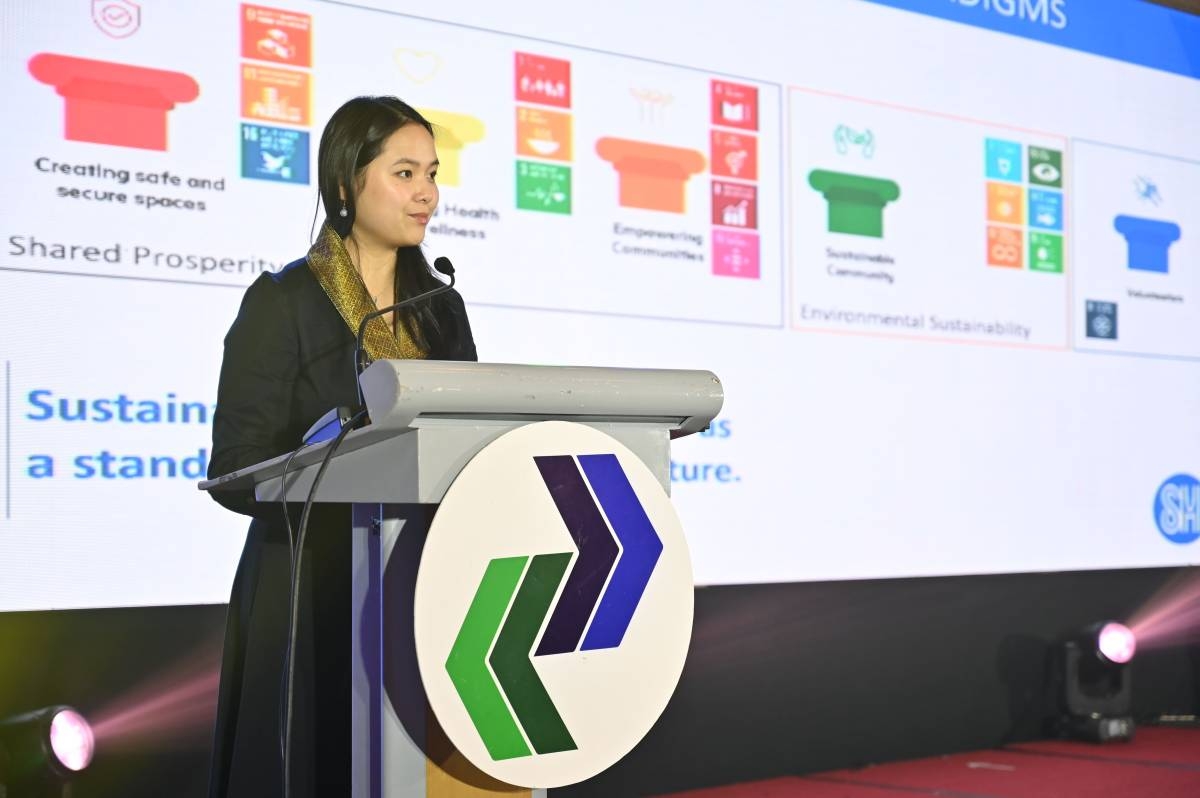 Is Manila Bays Revitalization Sustainable A Look At Its Future
May 30, 2025
Is Manila Bays Revitalization Sustainable A Look At Its Future
May 30, 2025 -
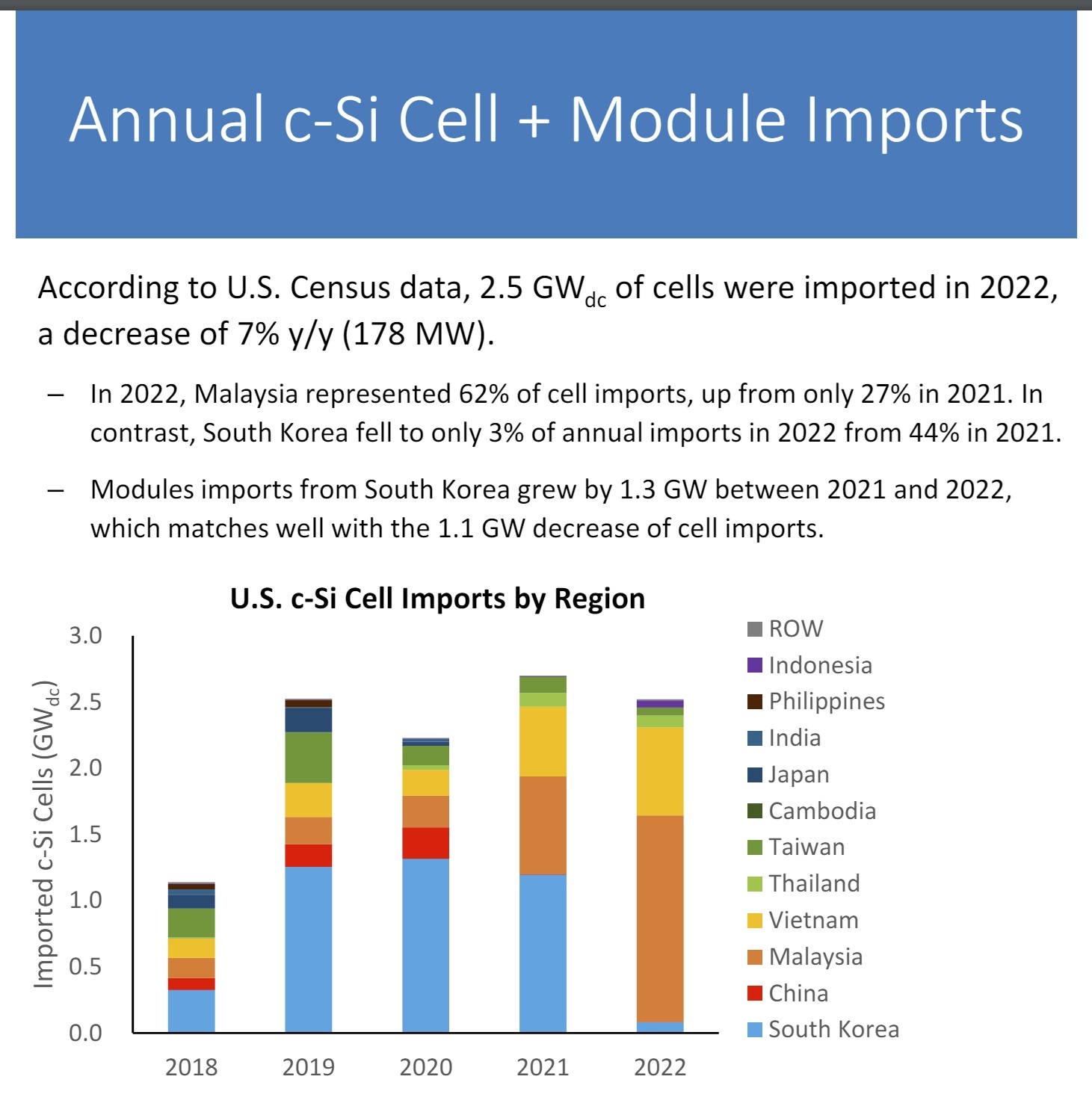 Four Countries Including Malaysia Affected By Us Solar Tariffs
May 30, 2025
Four Countries Including Malaysia Affected By Us Solar Tariffs
May 30, 2025 -
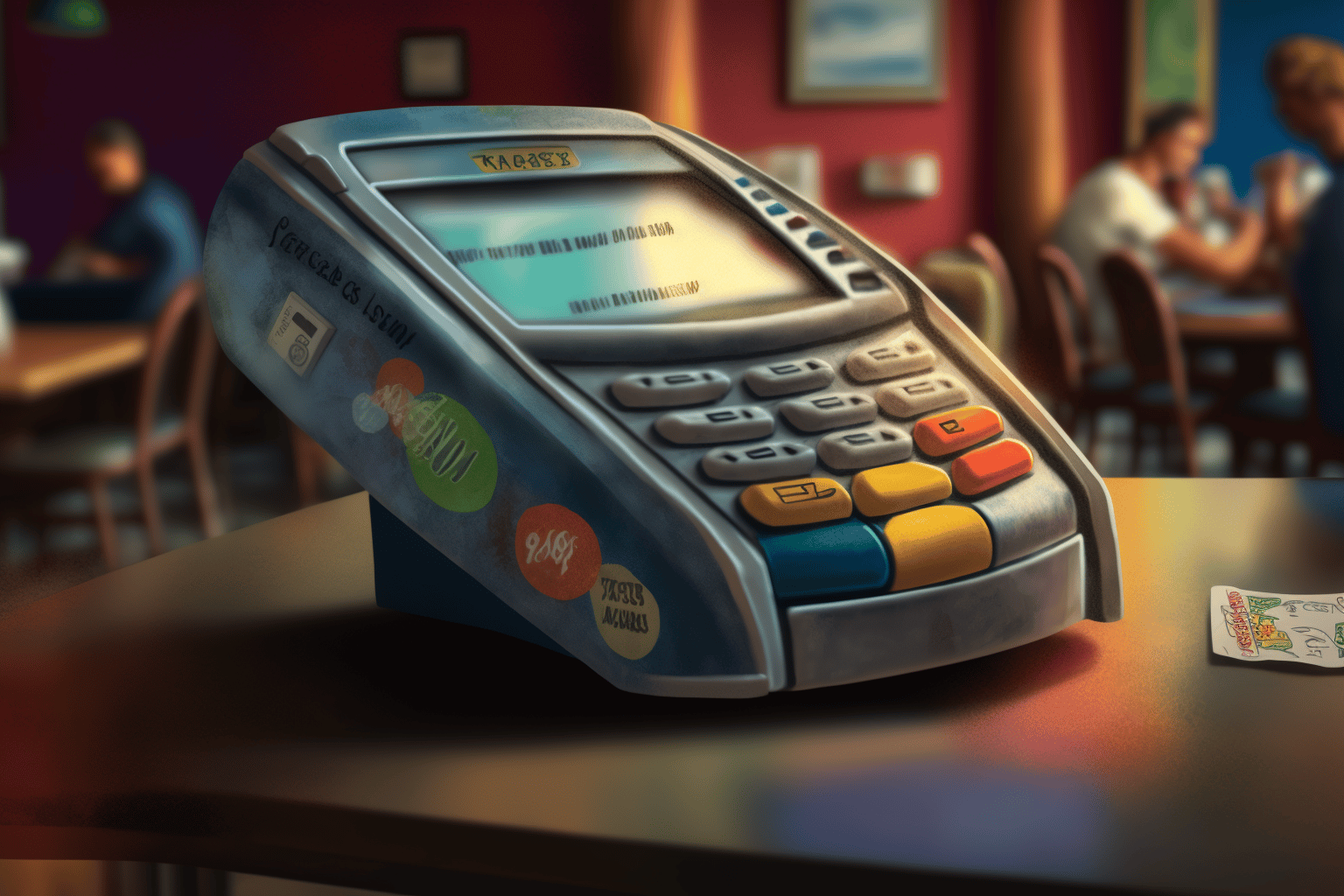 16 Million Fine For T Mobile Details Of Three Years Of Data Breaches
May 30, 2025
16 Million Fine For T Mobile Details Of Three Years Of Data Breaches
May 30, 2025 -
 Daredevil Born Again Exploring The Character Of Angela Del Toro
May 30, 2025
Daredevil Born Again Exploring The Character Of Angela Del Toro
May 30, 2025 -
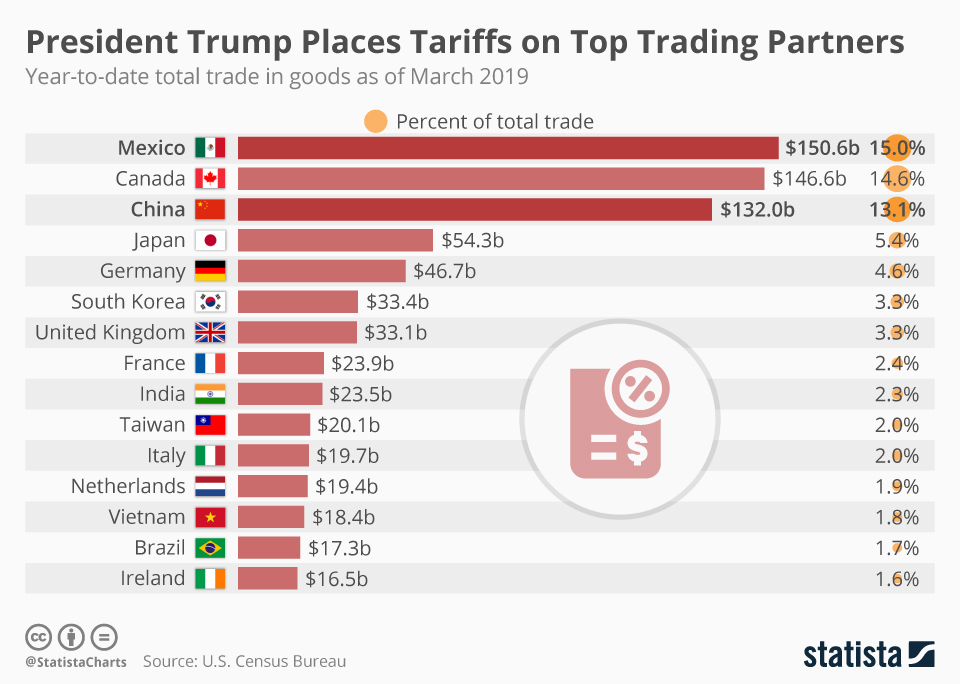 Trade Court Decision Impact Of Overturned Trump Tariffs
May 30, 2025
Trade Court Decision Impact Of Overturned Trump Tariffs
May 30, 2025
